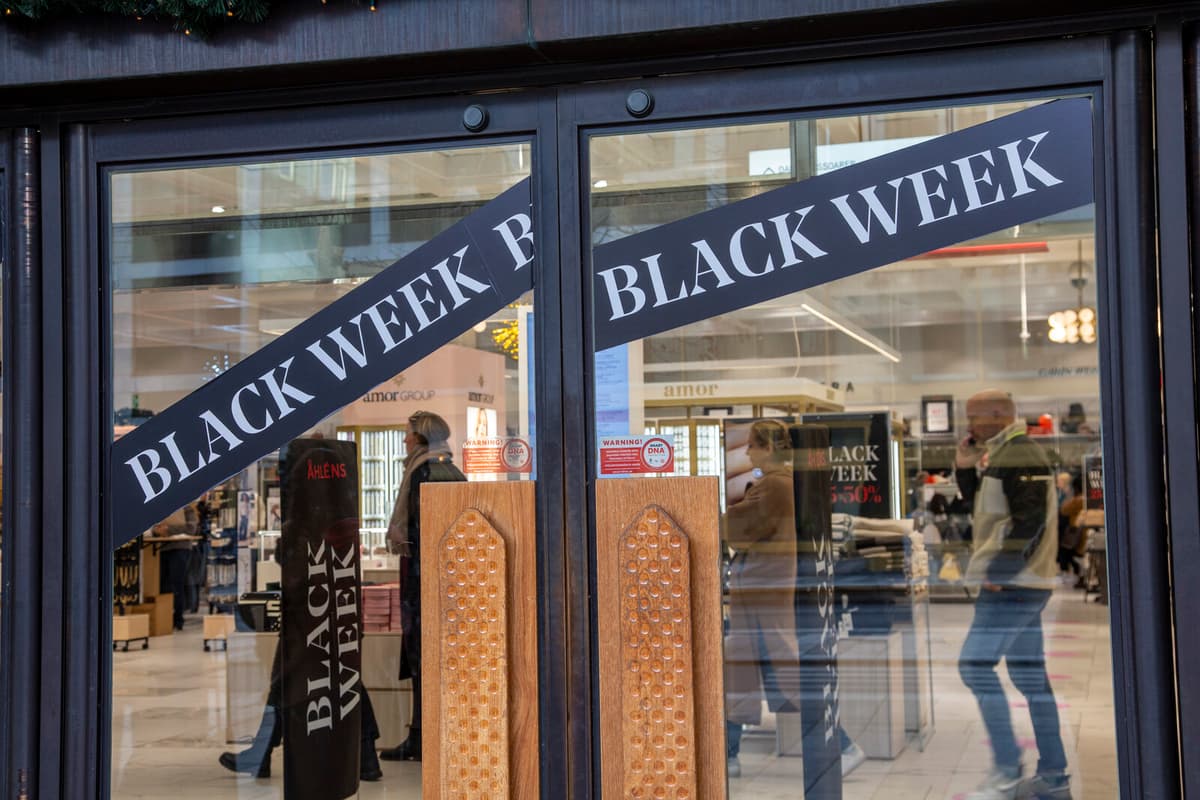Check the price history
Is it really a good deal? On price comparison websites, you can see how the price has changed over time. According to law, stores must now show the lowest price the item has had in the last 30 days. This is to avoid raising the price just before Black Week to make the discount seem larger than it is.
.
Be suspicious
Only shop from online stores you trust. Google for reviews and check if there is an email address or phone number for the company. If brand products are sold at much lower prices than elsewhere, it may be counterfeit goods. In the worst case, you won't get anything at all.
.
Check if you can cancel
Check if you have the right to return or exchange what you buy. Online, you almost always have a 14-day right of return. In-store, you often have exchange rights or open purchase, but it's voluntary for the store to offer it.
.
Don't buy unnecessary insurance
Stores often offer extra insurance when buying, for example, a TV, mobile phone, or household appliances. Many already have good protection through their home insurance, so check what's included before you go shopping. Some bank cards also have an all-risk insurance.
.
Buy what you can afford
Do you need to split the payment to afford it? Calculate what the final price will be if you need to pay interest and fees added to the price. There's also a risk of getting carried away and buying more than you need, so plan your purchases beforehand and try to stick to the list.
.
The trade organization Swedish Trade expects sales during Black Week this year to reach 9.7 billion kronor. That's a significant increase from last year, when sales landed at 8.7 billion kronor.
Source: Sweden's Consumers, The Consumers' Insurance Bureau, The Consumer Agency






